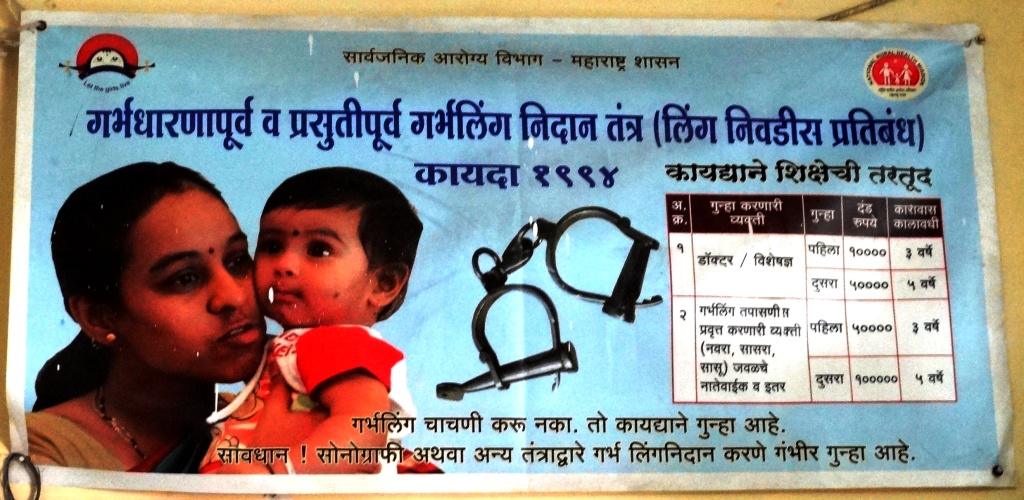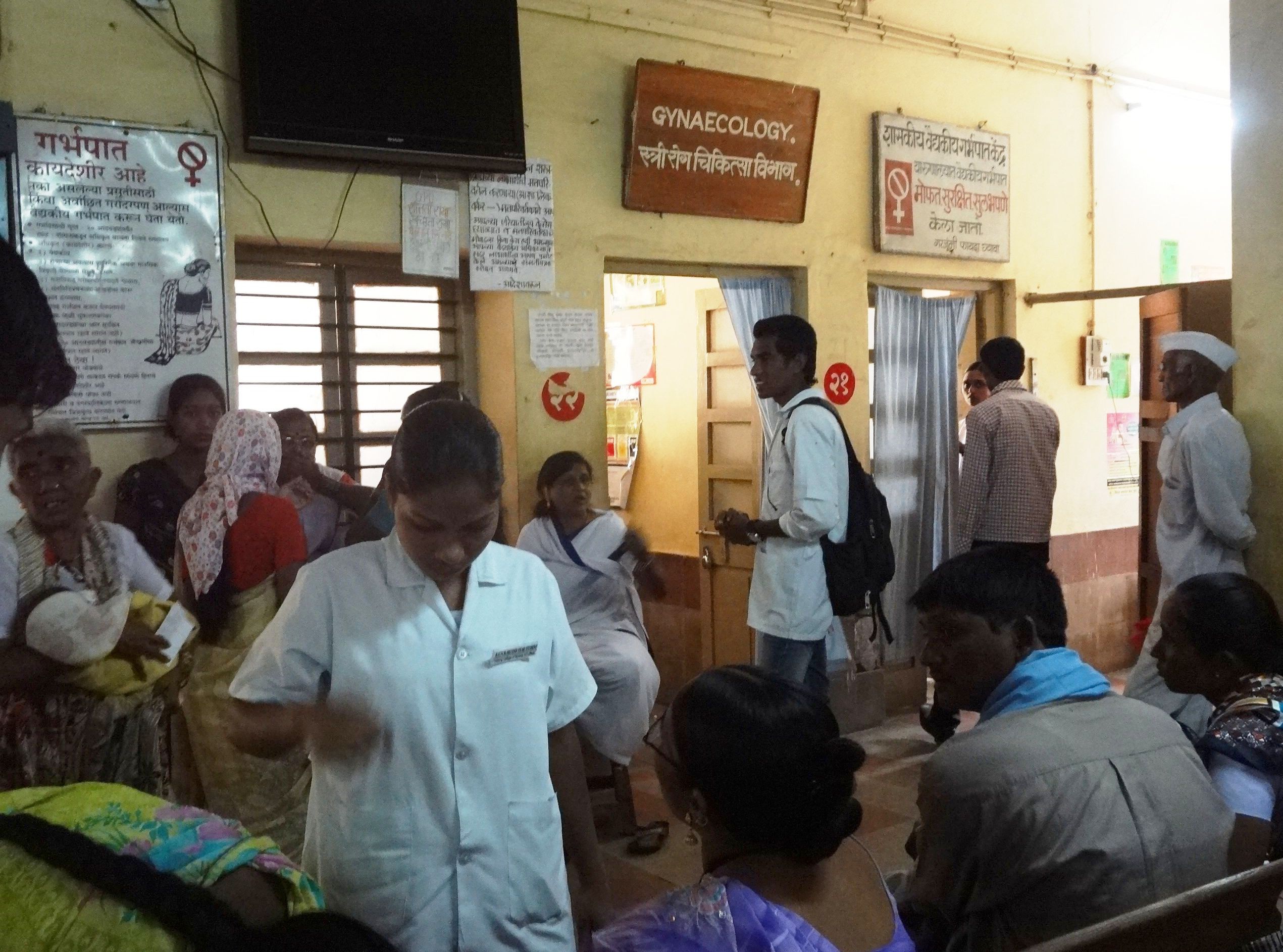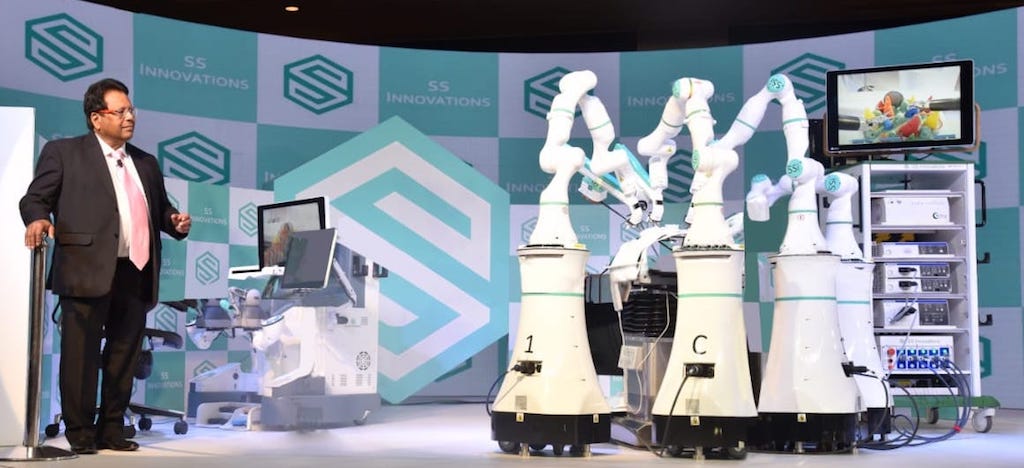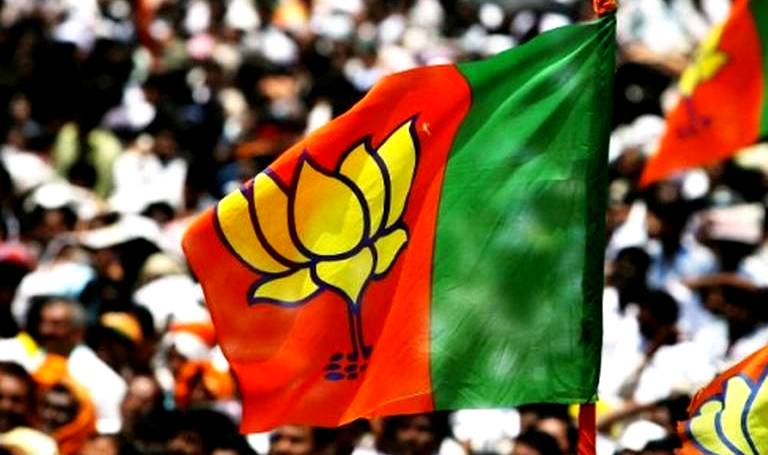Neha Rathi for BeyondHeadlines
Abortion as a social reality falls at the tricky intersection of health, law and morality. A woman’s abortion-experience comprises all the factors that have had an effect on the decisions she or others take with regard to her body. It is an accepted fact today that restrictions on safe abortion services have a long-term impact on the health of women – especially if they are poor and less educated. It also violates their human and reproductive health rights. Evidence shows that if women do not have access to safe abortion services they often turn to unsafe options (WHO, 2007).
In India, the Medical Termination of Pregnancy (MTP) Act, 1971, liberalized the ban on abortion and stated the conditions under which a pregnancy can be terminated, the people who are authorized to conduct such termination and the place of implementation. Though it did not provide abortion as a right to women and was primarily a population control measure, it expanded the permitted reasons for MTP and helped regularize legal abortion and thereby also help control maternal mortality and morbidity caused due to unsafe abortion practices. According to the Consortium on National Consensus for Medical Abortion in India, every year an average of about 11 million abortions take place annually and around 20,000 women die every year due to abortion related complications. Most abortion-related maternal deaths are attributable to unsafe abortions and are largely preventable. However, even after 43 years of the implementation of the MTP Act, the issue of unsafe abortions continues to remain a concern for public health practitioners.

In 1994 the Pre-Conception and Pre-Natal Diagnostic Techniques (Prohibition of Sex Selection) Act (PCPNDT Act) was enacted to curb female feticide and to combat the decline in sex ratio. The act put a ban on pre-conception and pre-natal sex determination and attracts strict penalty for its breach. While both the legislations aim towards the larger goal of empowering women and protecting them, their association and interrelation is a window to understanding the barriers to safe abortions.
Abortion today is an extremely important yet subverted issue that lurks in the underbelly of the health system. Maharashtra, which is considered one of the better performing states in India with regard to maternal health and maternal mortality ratio, the incidence of unsafe abortions and sex-selective abortions has remained high. In 2012, various cases of female foeticide surfaced in the state propelling the government to step-up surveillance on private abortion clinics leading to the seizure of sonography machines along with arrest of doctors allegedly involved in sex-selection. The Food & drug Administration (FDA) also cracked down on doctors and chemists selling medical termination of pregnancy kits (MTP kits) without prescription and documentation and thereby leading to a shortage of abortion pills.
Case Stories
1.) Suman procured abortion pills from a known chemist without prescription. The chemist at first was reluctant but then relented. He gave her some pills without labels and asked her to have only one pill and then visit him after 2-3 days.
2.) Rehana recalled that at first she visited a haqeem in the nearby area. He told her he could procure her abortion pill for Rs. 700. “I will try to get the pills for you somehow without telling anyone”, he said.
It is being observed that the increased strictness on off-the-counter sale of abortion pills has created atmosphere of restriction resulting in misconceptions about abortion laws and availability of termination services and even more importantly, is leading many women to resort to unsafe means of terminating pregnancy. As a direct implication, women from the community, especially those belonging to the lower income groups, are reaching out to uncertified/sub-optimal medical practitioners. Strict implementation of PCPNDT Act have resulted in many public and private hospitals to deny abortion services after 12th week of pregnancy on the presumption of sex-selection. Many women are also denied abortion unless they agree to undergo permanent or temporary contraception immediately upon having obtained abortion. While the PCPNDT Act is being applied with increased strictness, more and more restrictions are being placed for safe abortion. Actions to curb access to abortions by government adds to the already widespread belief that abortion is illegal, pushing women to risk their lives, when they are in need of early and safe abortion services.
There is a need to educate policymakers, government officials and other stakeholders about ways in which access to abortion under MTP Act and the PCPNDT Act can be better implemented and their respective intents fulfilled. Applying one law in a manner counterproductive or restrictive to the other does not help fulfill the objectives of either.
(Neha Rathi practices law at the Supreme Court. This article is based on her research on unsafe abortions funded by Save the Children and NFI’s Child Survival Fellowship. She can be reached at neha305@gmail.com)








